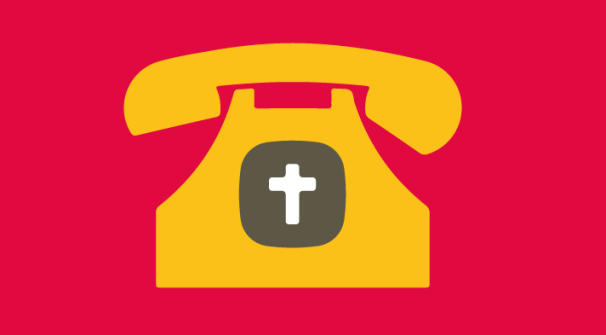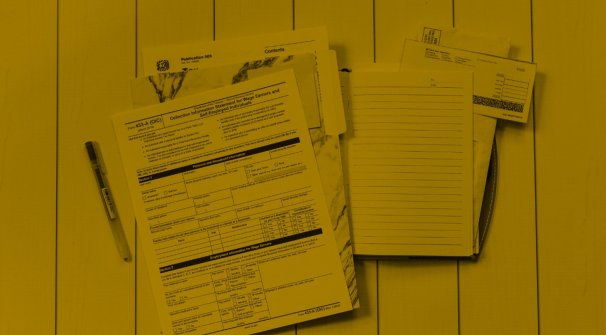‘Reserves’ are that part of a charity’s funds that is freely available to spend on any of the charity’s purposes; the pot of money that is kept and not spent. So why am I recommending that we ‘look again’?
This issue is one that could be thought of as ‘well worn’, having been thought about by the treasurer or trustees long enough. It may not seem interesting, let alone high priority, as part of the life of the church.
There are a few important reasons to review:
- Having a good idea about ‘the right amount’ to hold is really helpful in planning church strategy, and that amount changes as a result of changing circumstances.
- So many of the accounts that we look at suggest that this has not actually been thought about recently. I’ll explain why in a minute.
- The Charity Commission have an expectation of what trustees should do, and phrase it like this: “regularly monitor and review the effectiveness of the policy in the light of the changing funding and financial climate and other risks”.
Why do I suggest that many churches have not thought about this recently?
This comes from reading accounts, listening to churches and seeing what they say about what they hold. Sometimes it is the lack of saying anything at all (see below on Charity Commission comment on this), sometimes the way the policy is worded is identical to that of years ago (possibly valid but often not), sometimes the figures quoted are no longer in line with the current financial position, and sometimes (a personal comment) because the policy is so often “3 months of expenditure” (as if this was the standard recommendation of the Charity Commission – which it is not!).
Why do accounts need to make any comment on reserves?
The Charity Commission, in their 2023 updated guide, Charity reserves: building resilience, say, “All charities must include in their annual report their policy on reserves, stating the level of reserves held and why they are held. Where the charity does not have a reserves policy in place, it should include a statement to that effect.”
“Must” is a strong word. Their view is that the accounts cannot properly explain the financial situation without that information.
The Commission “expects trustees to decide, publish, implement and monitor their charity’s reserves policy so that they can comply with their legal duties….”
What difference does it make to what a church or charity actually does?
It makes a lot of difference in my experience! I find that some churches think they can’t afford some important project because ‘they have to hold at least £x at the bank to comply with ….’ Some churches can’t answer the question of ‘why are you holding what you are holding?’, whilst other churches appear to change their circumstances massively (e.g. take on a major long-term expenditure, such as a significant lease) and not think whether the relatively small amount of reserve they hold is still the right amount going forward.
As the Charity Commission states in the title of their document, this issue is about ‘resilience’ and resilience in our churches and charities is an important factor. I would very quickly add that the resilience of a church/charity is NOT all about the money that is in the bank; it includes many wider issues, one of which is the commitment of those funding the ministry (which could be called ‘off balance sheet finance’). That point alone is one factor that shows why two charities having apparently similar situations may need very different approaches to the reserves that they hold.
This blog is not intended to explain how much a church or charity should hold in reserves. For some pointers on that, please do look at the Charity Commission guidance and our free briefing paper How to set a church reserves policy. This blog is intended, however, to encourage leaders, finance teams and trustees to look again and see that their approach to reserves hasn’t fossilised, but is refreshed and that the right amount of reserves for your ministry is being held for the right reasons.
Sharpen
Quarterly emails for trustees, treasurers and Church and Charity Leaders. Practical tools, technical resources and expert guidance to safeguard your mission and ministry.











